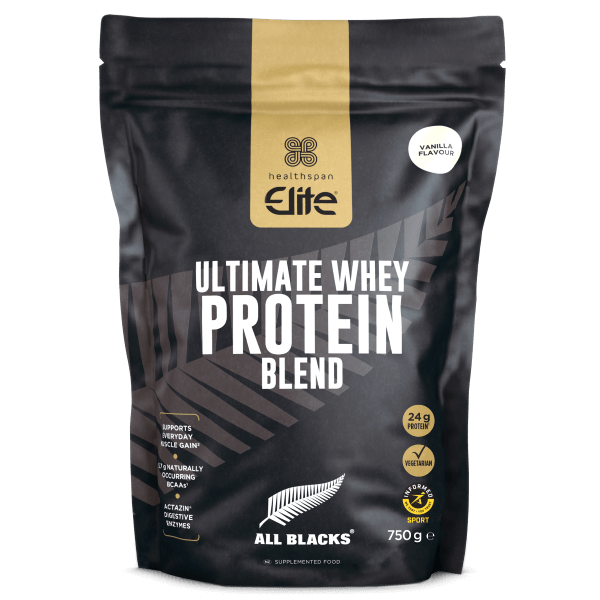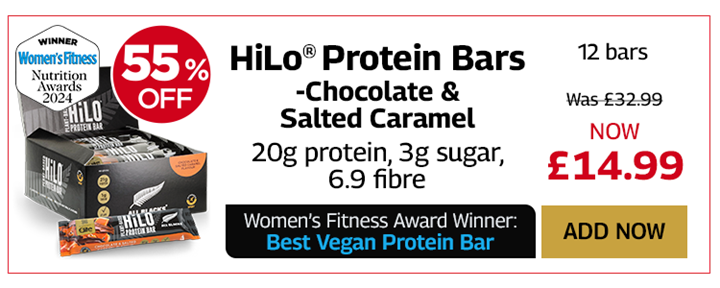Protein is one of three main macronutrients that facilitates muscle repair, growth and regeneration from an exercise bout.
It is now widely accepted that 20-30g of protein is sufficient to elevate muscle protein synthetic rates in order promote positive muscle protein net balance and cause growth and regeneration of muscle tissue. Protein dense foods are therefore an area of interest for athletes and active individuals to optimally structure food for athletic development and performance or to achieve body composition goals.
Best sources of protein
The most abundant protein foods available are meat and some fish sources. Below are some examples of the amount of protein in commonly available meat and fish sources.
- 100g Chicken Breast: 31g protein
- 100g Steak: 33g Protein
- 100g Turkey Breast: 35g protein
- 100g Salmon Fillet: 35g protein
- 100g Cod Fillet: 23g protein
Another food type containing quality amounts of protein are dairy and poultry produce. Milk, yoghurt and eggs are brilliant foods to increase the protein content of a meal or as a way of making a quick snack packing a 20g protein hit.
- 100ml Full Cream Milk: 3.5g protein (64 Kcal)
- 100ml Semi-Skimmed Milk: 3.5g protein (47 Kcal)
- 100ml Skimmed Milk: 3.5g protein (35 Kcal)
- 100g Plain Natural Yoghurt: 5.4g protein
- 100g Plain Greek Yoghurt: 10.6g protein
- 100g Feta Cheese: 14g protein
- 1 Egg: 6g protein
With most protein dense foods being derived from animal produce vegetarians can generally struggle with getting quality protein sources into their diet. However, foods such as seeds and grains contain high amounts of protein and are ideal options for people with specific nutritional requirements.
- 100g Flax, Sunflower, Pumpkin Seeds: 10.6g protein
- 100ml Soy Milk: 3.4g protein

Elite All Blacks Ultimate Whey Protein Blend
Protein powder co-created with the All Blacks
- 24g protein per serving to support muscle growth
- Added protease to break down protein for better absorption
- Available in vanilla, strawberry and chocolate. Low in sugar
What about protein supplements?
Protein supplements will generally contain around 20g protein per recommended serve. The three main protein supplements on the market are Whey, Casein and Soy Protein. Whey and Casein are protein supplements derived from milk with Soy protein being produced from soybean.
Whey protein is fast acting and is quickly absorbed through the gut resulting in a pronounced increase in plasma amino acid concentration, a higher plasma leucine concentration therefore increasing the muscle protein synthetic (MPS) rate.
Casein protein curdles in the stomach, resulting in a slow absorption through the gut causing a prolonged rise in plasma amino acid concentration ideal for overnight during periods of rest. If protein ingestion exceeds the required amount for MPS, excess protein ingested will be passed through the gut and excreted in the urine.
Although protein supplements probably offer the best per gram value of protein, there are a number of low cost food sources that you could consider adding to your diet. Below are some great value food sources of protein, chosen based on the cost of a typical 20g protein serving.
Top 10 lowest cost protein sources per gram*
Cost per 20g protein
- Milk (Semi Skimmed): £0.38
- Cottage Cheese: £0.45
- Eggs: £0.49
- Turkey Breast: £0.50
- Natural Yoghurt: £0.67
- Chicken Breast: £0.69
- Feta Cheese: £0.71
- Cod Fillet: £1.09
- Salmon Fillet: £1.10
- Beef (Rump Steak): £1.20
*Prices taken from the lowest cost available item on tesco.com (05.12.16)









